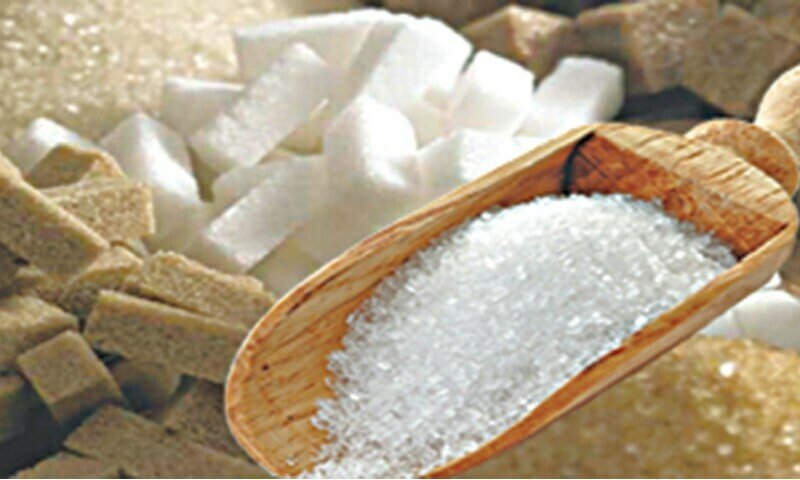Karachi is witnessing a dramatic escalation in sugar prices, with rates surging to Rs190 per kilogram in several neighborhoods—a sharp rise from Rs175 just days earlier. The jump has ignited a storm of criticism from consumers, who accuse suppliers of hoarding and price manipulation amid weak regulatory enforcement.
Small grocery shops and corner stores are reportedly charging up to Rs195 per kg, citing inflated costs from wholesalers. But for the city’s working class, the math is simple—and devastating.
“Everything is getting out of reach. I couldn’t afford more than 2 kilograms today,” said a visibly frustrated shopper at a local market in Korangi.
Vendors say higher prices are being driven by rising wholesale costs, yet many buyers aren’t convinced. The term “sugar mafia” is once again circulating, as Pakistanis point to an entrenched system that allows unchecked profiteering during periods of commodity scarcity.
The sugar crisis comes amid broader inflation concerns, with over 100 essential goods witnessing price hikes in recent weeks. Residents are calling for urgent government action, but response has been slow and largely reactive.
In a bid to stabilise the market, the government has greenlit the import of 500,000 metric tons of sugar, aiming to ease pressure on domestic supply. Officials have also vowed to launch a crackdown on hoarders and speculative traders, with Prime Minister Shehbaz Sharif reportedly endorsing strong action against artificial inflation.
Critics, however, argue that the government’s move is too little, too late. Without robust market oversight and tighter supply chain controls, any relief could prove temporary.
The situation has further highlighted Pakistan’s fragile market regulation system, where poor governance and lack of accountability continue to deepen economic inequality, leaving the most vulnerable communities to bear the brunt of inflation-driven shocks.










